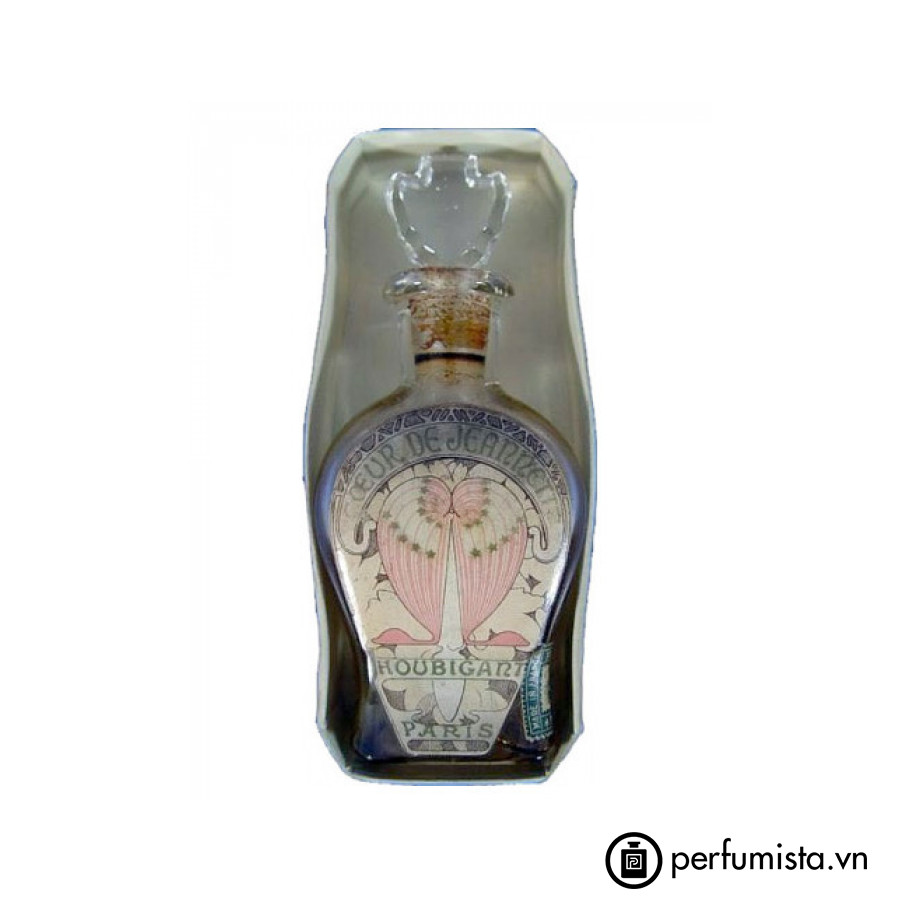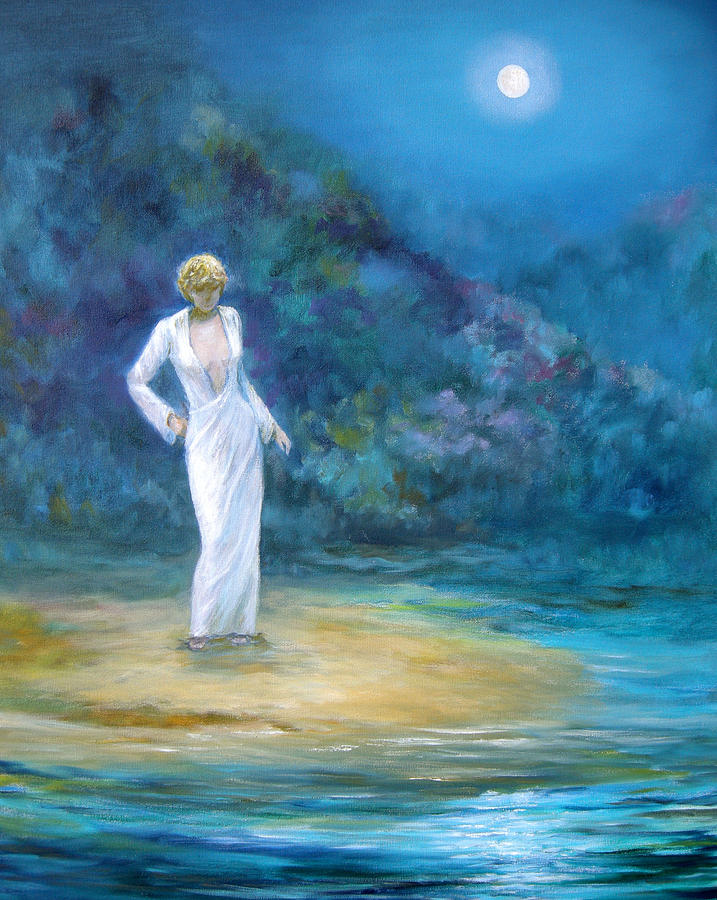

“I thought, I can’t write about this woman after hearing that, and I don’t want to. “‘It really helped me, and my father is an alcoholic too.’” It’s still common for people to share intimate details of their lives with Walls, but it shook her coming from a subject. “She asked me to put the microphone down and said, ‘I want to thank you for telling your story,’” Walls says.

I just didn’t want to do this anymore.” During one conversation with a celebrity she doesn’t name, Walls says the star asked her to stop recording. “But I think it might have been a good thing. “I thought I’d get fired once the book came out,” Walls says. Walls was worried she’d been too open in the book and that her New York set would judge her for her youth in a West Virginia mountain town, but the freedom it gave her turned out to be what she wanted. $26 at Bookshop Credit: Scribner Book Company “As a journalist, I clung to the truth,” she says. Walls learned early on how subjective a story could be, so when she started writing, capturing the facts became essential. “Both of my parents were such fabulists, or fabricators, or liars, whatever you want to call it,” Walls says over a phone call from her ranch in Virginia. Reading the narrative of her childhood, it’s easy to see how Walls might pursue a career in facts. It’s an interrogation of what one owes to a family who has failed you and how to love them when you disagree over facts as fundamental as shared history. But The Glass Castle is full of Walls’ deep love for her family regardless. The memoir chronicles Walls’ rocky upbringing with parents who “had a relationship of convenience to the truth.” Walls’ father failed to maintain a job due to his alcoholism, and her mother was an artist too dedicated to her freedom to try to work for a stable paycheck. Walls’ 2005 memoir, The Glass Castle, spent five years on the New York Times best-seller list and made its way into classrooms across the country. Jeannette Walls began her writing career covering the flashy world of celebrity gossip as a columnist for New York magazine, Esquire, and MSNBC, but when she turned her attention to the childhood she spent in poverty, her career reached new heights.


 0 kommentar(er)
0 kommentar(er)
